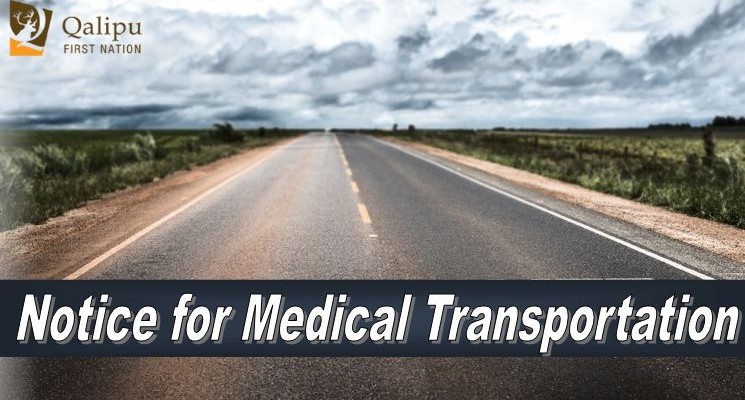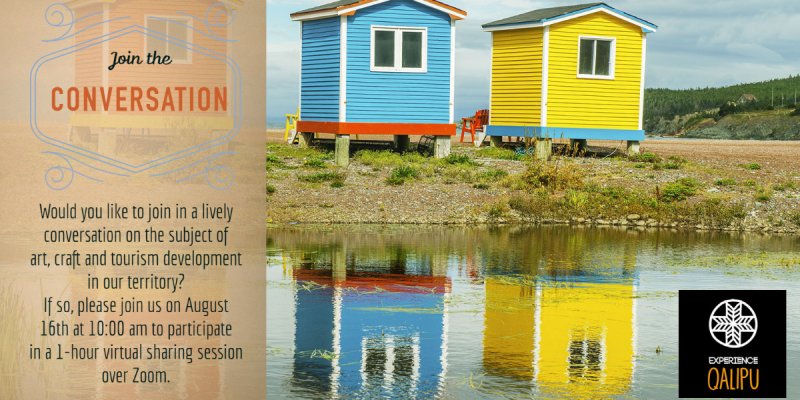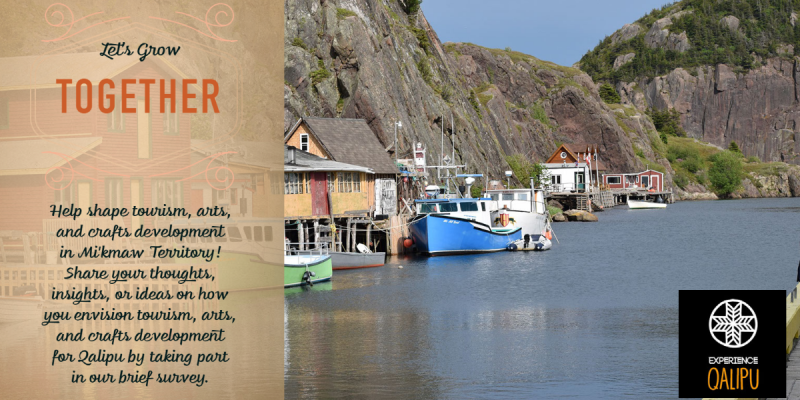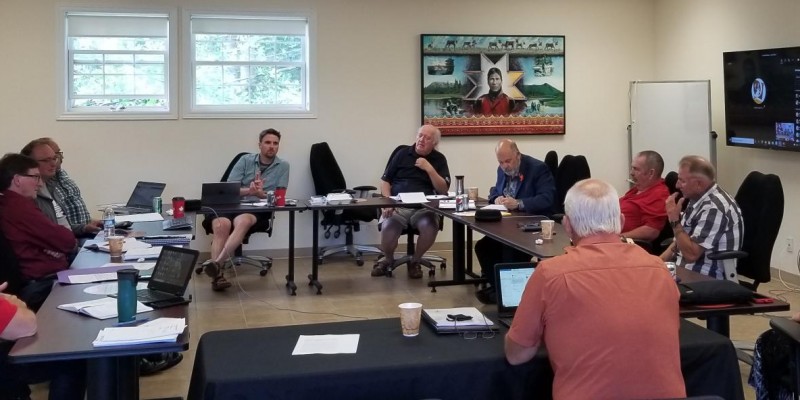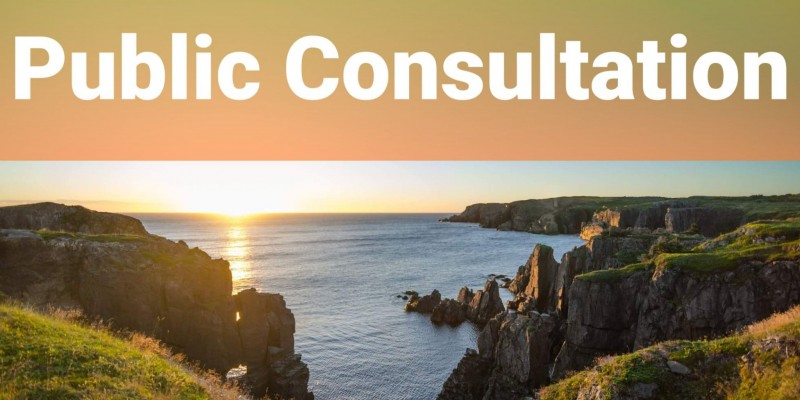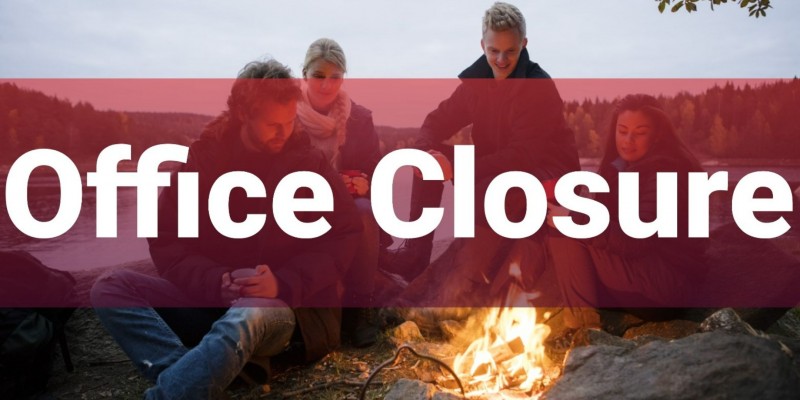Residential Home Heat & Energy Rebate Program
As a direct result of the ongoing Covid-19 Pandemic and previous multiple stay-at-home orders, Qalipu First Nation recognizes that its members have endured financial hardship due to an unexpected rise in the cost of heating and running their homes. To support its membership through these unprecedented times, Qalipu First Nation is pleased to host a random draw to disperse a one-time payment up to $200 to successful applicants towards their incurred Home Heat & Energy Costs. The draw will extend until funds are exhausted.
Here are the details you will need to know to enter the draw for the Residential Home Heat & Energy Rebate:
- Program is open to Qalipu First Nation (QFN) members residing in Canada for a minimum of (12) consecutive months prior to date of the application.
- Applicants will be required to provide proof of service charges in the form of a receipt or invoice from a registered home heat or energy provider with a minimum total of $200 charges between April 1st – September 1st, 2021 (ex. NL Power, Irving Oil, Superior Propane etc.).
- Online application collection will be open for three weeks: Aug 11th – September 1st, 2021, at 4pm.
- Paper/mail in applications will need to be post marked by September 1st, 2021, at 4pm.
- Paper/mail in applications will not be accepted after September 7th, 2021, at 4pm.
- Limit of one application per member. Duplicate applications will be removed from draw. In the event duplicate applications are received, QFN will consider the first application received as the valid submission.
- All applications will require: Name, Accurate Shipping/Mailing address, Street Address (if different from mailing address), Band #, Phone Number and/or email address. Incomplete applications will be removed from draw.
- While all member applications will be accepted, only one successful applicant per household is permitted. If additional applications are subsequently drawn from the same household, they will be considered ineligible.
- Random draw will take place on September 8th, 2021.
- Due to privacy reasons a list of winners will not be posted and only the successful applicants will be contacted.
Complete one of the following form options to apply:
To apply online:
[link removed]
To download and print application:
[link removed]
Please complete all sections of the application. Applications that are unsigned or incomplete will NOT be accepted. Faxed applications will NOT be accepted.
FAQ’s for Residential Home Heat & Energy Program
If you require assistance, please contact a member of our COVID-19 Support Team at 709-634-4577, 709-393-6777 or covidsupport@qalipu.ca


